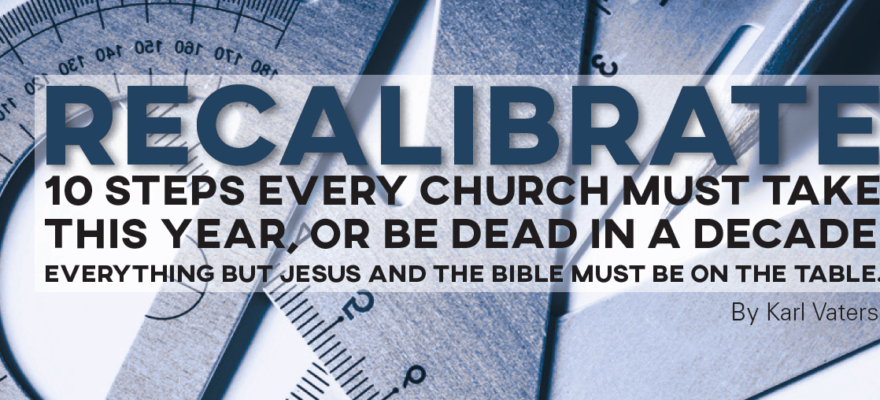By Danny Dunivan, Interim Executive Director & Moderator of the 2021 Mission and Ministry Summit
Where does mission come from? I am not asking about where we get the idea to do missions like those we undertake in other countries through International Missions or when we plant a new church in a community in the United States through National Missions. I am talking about the larger idea of mission, the very reason the church exists.
The word mission comes from the Latin word meaning “to send.” Literally, a mission is a sending. Scripture uses this idea of sending over and over. The entire life of the church is wrapped up in God’s commission sending us to go and make disciples for our Lord. However, scripture is also very clear that this sending of the church, in other words, the church’s mission does not start with the church. Before it is ever a commission to the church, the mission is God’s mission. Before the mission was ever related to the activities of the church, it was an attribute of God. God is a missionary God. In fact, the gift of the Son and the sending of the Holy Spirit are a result of the very nature of God as missionary. Mission is the movement of God toward the world, and the church is an instrument of that mission. In his classic book on missiology, David Bosch says, “There is church because there is mission, not vice versa. To participate in mission is to participate in the movement of God’s love toward people, since God is a fountain of sending love.”
Therefore, the short answer to the question about the source of the mission is that mission comes from God. God is the one who determines it. It is God’s mission before we ever think about it. We do not go under our own authority. We have nothing to do except in concert with what God is doing. We have no ministry apart from God’s ministry. We have no message apart from God’s message. The church has no reason to exist apart from what God is doing through us as he sends us into the world to fulfill his command. The mission is God’s, but thanks be to God we get to go along for the ride!
The nature of mission leads us to the undeniable truth that God never sends us where God is not already working. We never enter a place where God has not going ahead of us. Remember it is first his mission. That is what we mean by saying that we are called. We are called to join God. God is already present inviting us to come along! Like Jesus walking on the water calling Peter out of the boat to come walk on the waves, God calls us to join him in his mission in the world. He beckons to us to step out of the boat. I find it ironic that the calling of the church is also the sending of the church. They are one and the same, because the God who sends is already present and active calling us to join him in the place where he sends us on mission. Amazingly, along the way we find that the mission God invites us to join leads us to be who we were born to be! It is for his glory, but it is also for our good!
At this year’s Mission and Ministry Summit in Owensboro, Kentucky, on July 26-28, we will focus on the theme “Called.” We will be challenged to fulfill our calling to join God in what he is doing in the world in our families, in our communities, and around the world. At this event, you will be challenged to fulfill God’s call by keynote speakers and breakout sessions. This year’s Summit will also feature an important business session where we will be making decisions about God’s calling on General Baptists into the next generation.
I hope that you will begin to pray for our Summit gathering now, and you will make plans to join us in Owensboro this summer!



